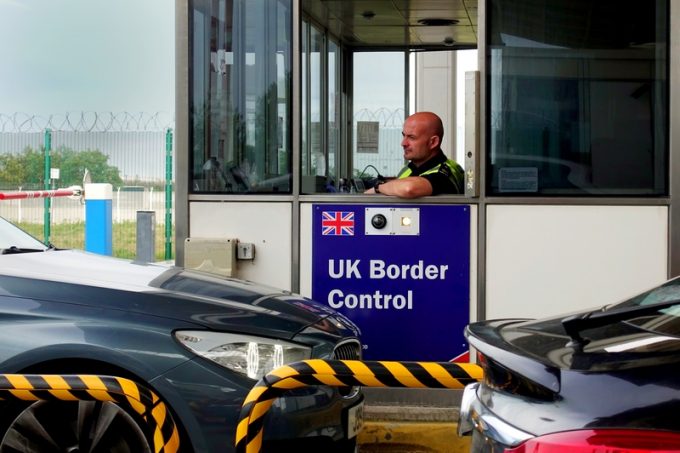'Challenging' Q3 for DFDS – and weaker demand expected to continue
Danish ferry and road freight operator DFDS saw weaker road freight demand across Europe in ...

The UK government has unveiled a £200m ($258.5m)package in one-off grants for ports to install new order processing facilities for the departure from the EU.
The funds are part of a wider £470m investment package announced in July.
The Cabinet Office said today’s Port Infrastructure Fund would be “targeted at those ports that have the space to build new border infrastructure on their current sites so they are ready to handle new customs requirements under the new Border Operating Model.
“The funding can ...
Outlook for container shipping 'more uncertain now than at the onset of Covid'
Shippers warned: don't under-value US exports to avoid tariffs – 'CBP will catch you'
Cancelled voyages take the sting out of spot rate declines this week
Teamsters union vows UPS will be 'in for a hell of a fight' over jobs cull
New Houthi warning to shipping as rebel group targets specific companies
K+N CEO unveils impact of US import tariffs on China-origin goods
Blanked sailings in response to falling demand 'just a stop-gap solution'
CMA CGM to reflag box ship as the French carrier eyes growing Indian market
More pressure on transpacific rates as carriers bet on a China-US trade deal
Boeing looks to resell up to 50 aircraft rejected by Chinese buyers
'Strong start' to 2025, despite market uncertainty, says Kuehne + Nagel
US Customs chaos means 'more downside risk than upside potential' for air cargo
Taiwan ministries act to mitigate effect of trade war on agriculture exports
Wan Hai joins box shipping 'arms race', but avoids Chinese yards for newbuilds
MOL signs up with Climeworks for direct air carbon capture and storage

Comment on this article